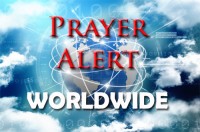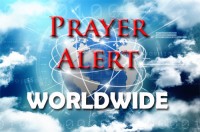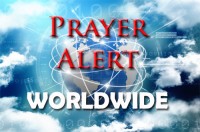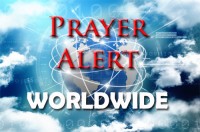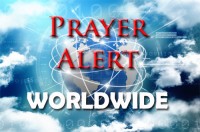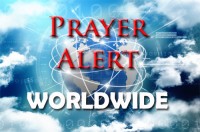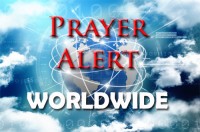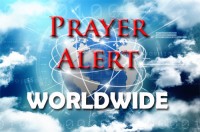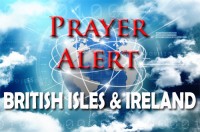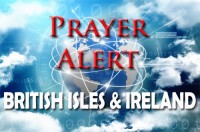Israel: Gaza faces harsh winter after gas supply cuts
Israel has curtailed gas supplies to the occupied Gaza Strip, causing a major disruption to most families and exacerbating the harsh impact of the cold weather. The amount of gas entering Gaza has decreased by 50% since early December, 15% of what is needed. Euro-Mediterranean Human Rights Monitor, based in Gaza, said 20% of Gaza households do not have gas. A shortage of electricity has worsened the crisis. Gaza's agricultural sector, which depends on gas to run greenhouses has been further hurt by the gas crisis. The Israeli authorities are being accused of causing the gas shortages to intensify pressure on Gaza and push people against Hamas, the group who govern the strip. However, the Israeli ministry of energy has not responded to Al Jazeera's requests for comment.
Australia: palliative care
The Victorian government has conducted a public consultation to improve palliative care service and work towards the development of an end-of-life care framework. The Australian Christian Lobby was able to contribute to the discussion by making a submission that highlighted the importance of ensuring that good health practice is carried out in palliative care. People requiring medical treatment and care who are approaching the end of their life are often some of the most vulnerable members of society, and need to be treated in a way that is consistent with the dignity of their humanity. This means that public health policy must always reject any health care solutions that intentionally seek to end a patient’s life, even when desired by the patient.
South Africa: human trafficking
Nomasonto Khoza, the mother of a one-year-old toddler, and her two accomplices appeared at the Nelspruit magistrates’ court on Thursday, charged with human trafficking. The 25-year-old mother sold the child for R5,000 in Springs to 45-year-old Thobile Ndhlovu. The accused remain in custody until bail is paid. The case has been postponed to 17 February. Human trafficking affects countless victims around the world. The methodologies used to arrive at estimates about its nature and extent have been criticised as flawed or lacking in scientific rigour. In South Africa, claims by anti-trafficking campaigners and NGOs report that 30,000 children are trafficked into the country annually as part of the sex trade. The same figure has been used by the Department of Home Affairs to justify visa regulations aimed at combating child trafficking. The number of cases being reported suggests it is on the increase in South Africa. See also: http://theconversation.com/human-trafficking-in-south-africa-an-elusive-statistical-nightmare-43949
Nigeria: Boko Haram kill 80+ but President says ‘war against terror won’
Boko Haram slaughtered more than eighty people in a series of attacks the week after President Buhari suggested his army had ‘technically won the war.’ The Global Terror Report 2015 places Nigeria third on their list of 124 countries, and says that Boko Haram are ‘deadlier than IS, having killed more people’. Buhari had previously vowed to drive out the terror group from the country by December. He now suggests they have ‘technically’ been defeated as they revert to using improvised explosive devices and indoctrinating children. Meanwhile a refugee camp with 2,500 temporary homes for refugees fleeing Boko Haram now hosts close to one million. 2.5 million people have been internally displaced due to Boko Haram's various attacks. Reports suggest that women have been forced to carry out suicide bombings for the terrorists, who have become notorious for kidnapping thousands of women and girls from towns and villages.

